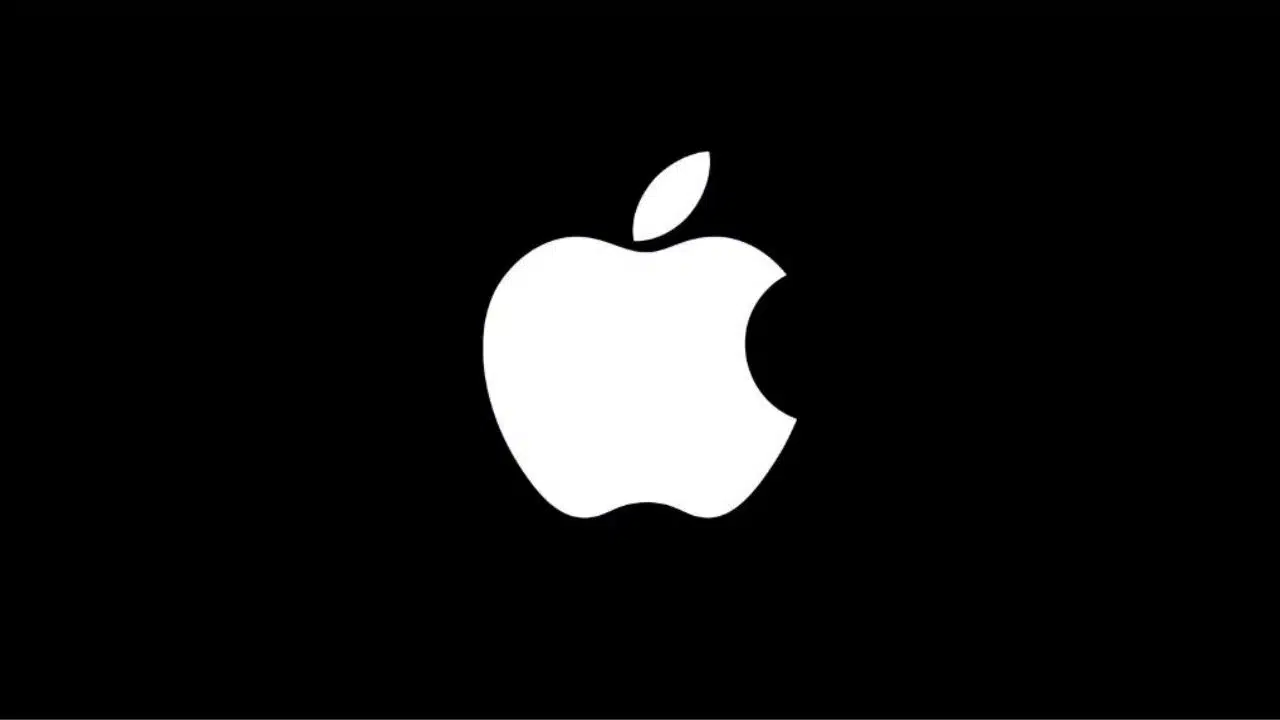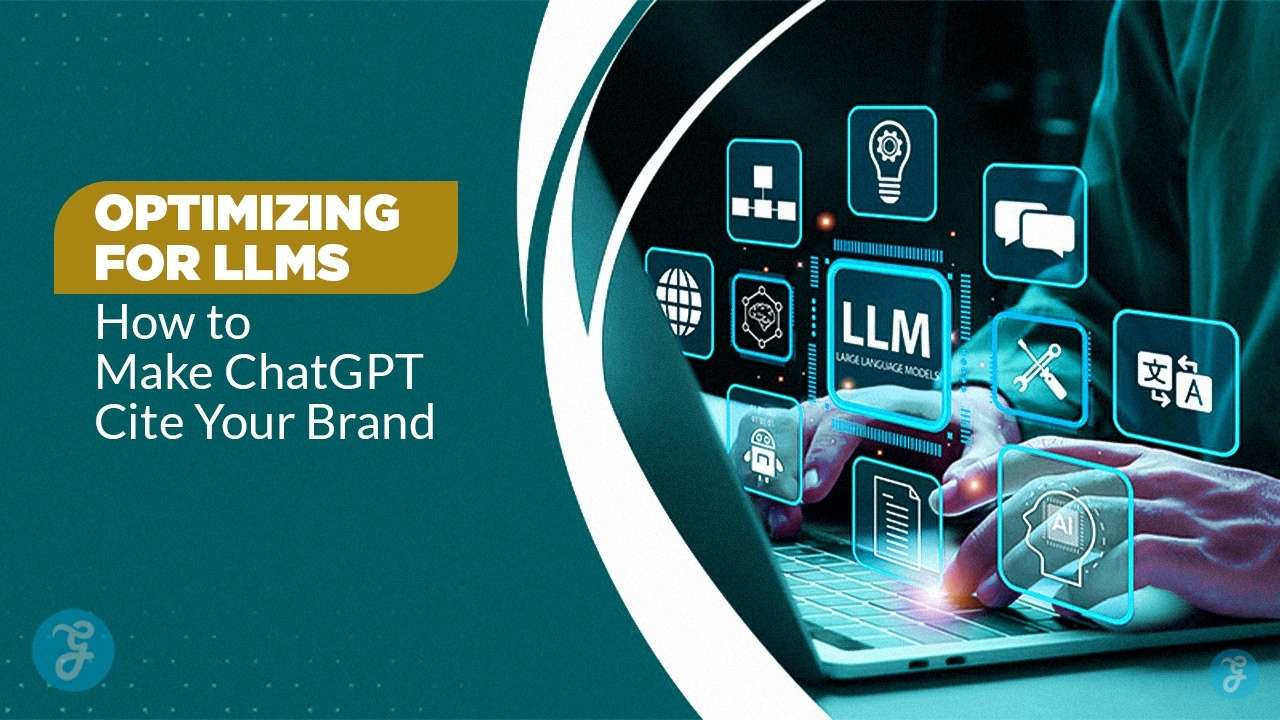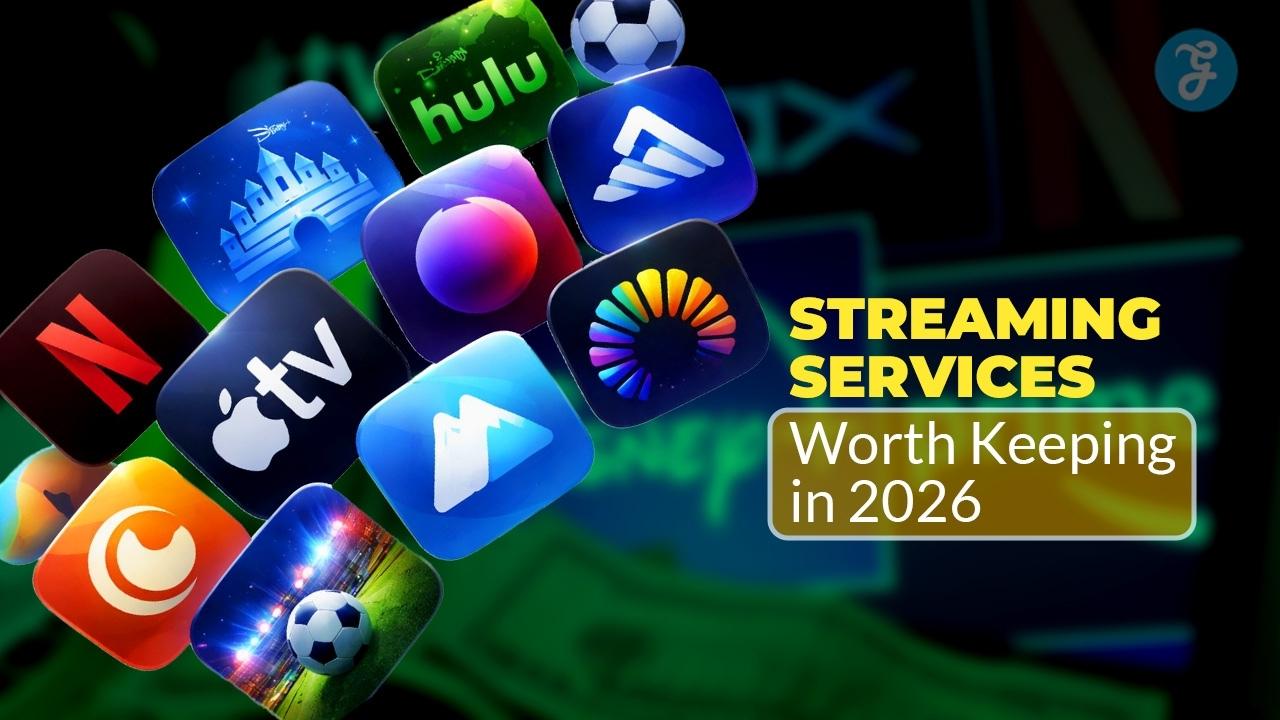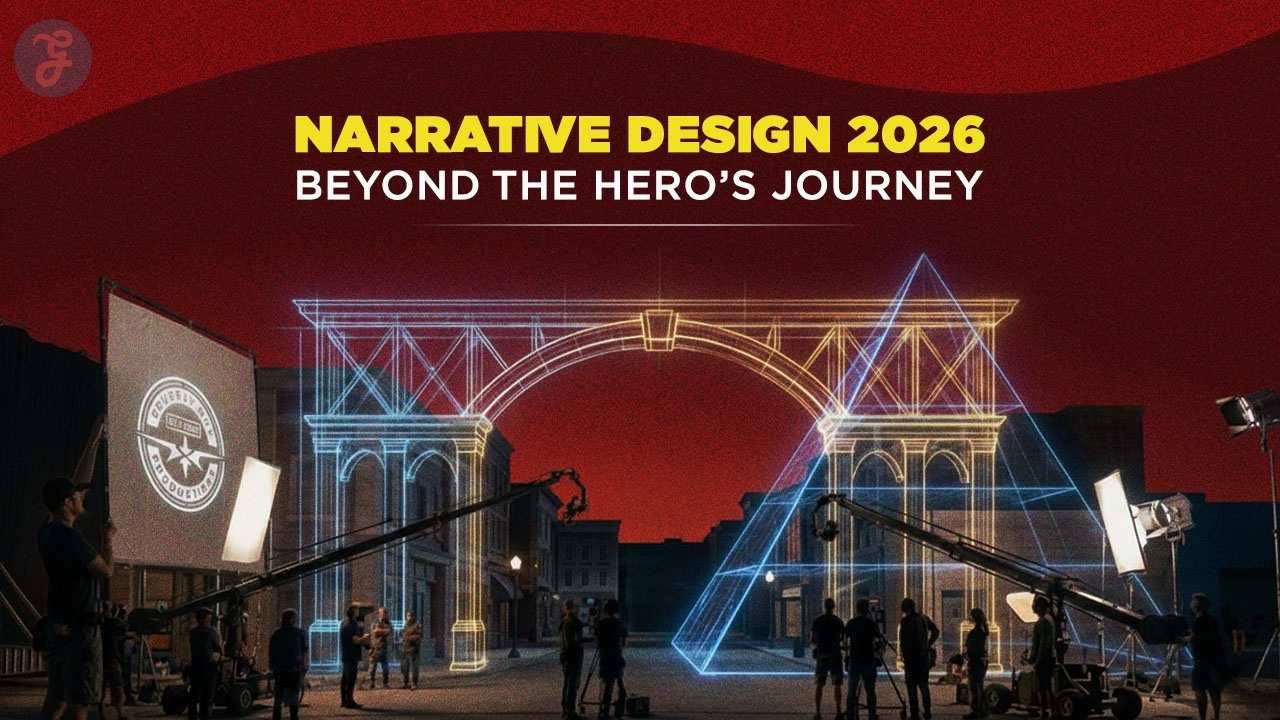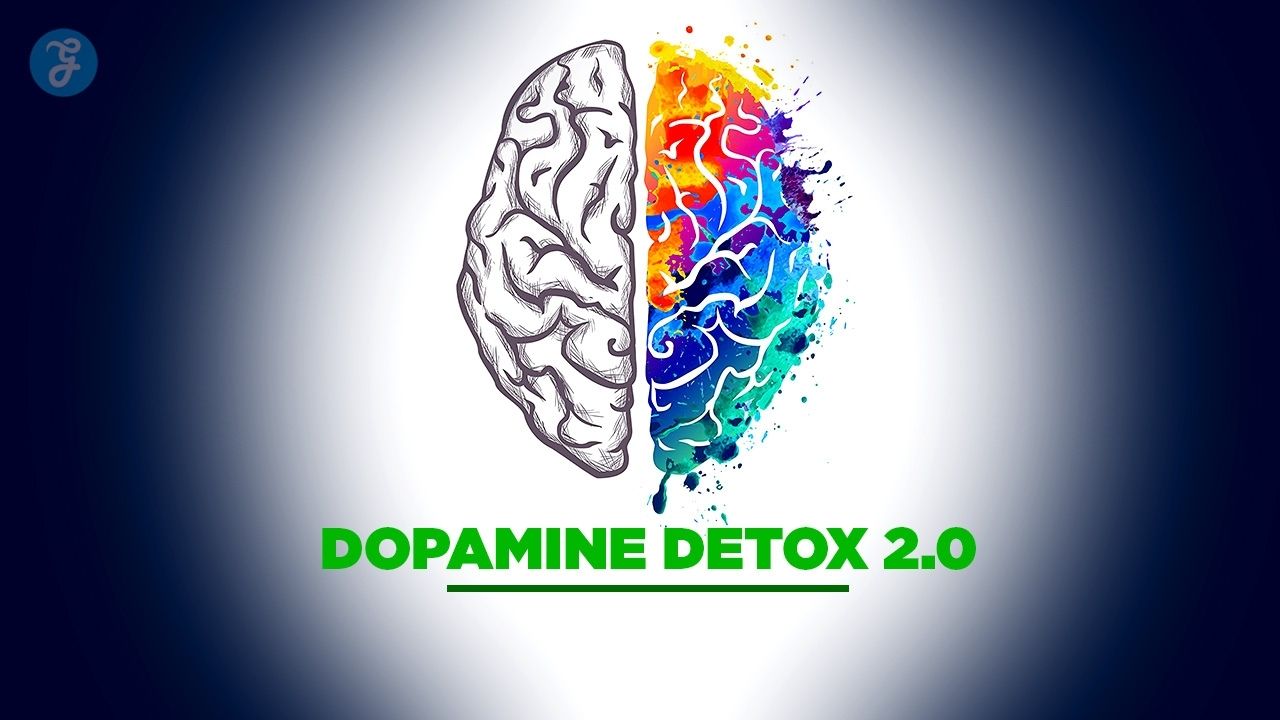In the rapidly evolving landscape of artificial intelligence, generative AI and language learning models (LLMs) have gained significant traction. However, as these technologies have become more prevalent, concerns about potential copyright infringement have also risen to the forefront. Companies at the cutting edge of AI development have found themselves facing legal challenges, with allegations of unauthorized use of copyrighted material in the training of their AI models. Against this backdrop, Apple has charted a distinctive course, seeking to sidestep legal pitfalls while still pushing the boundaries of what’s possible with AI.
The Specter of Copyright Infringement Lawsuits
Over the past year, the AI industry has been rocked by a series of high-profile lawsuits centered around alleged copyright violations. In December 2023, The New York Times took aim at OpenAI and Microsoft, asserting that the companies had improperly used millions of the newspaper’s articles to train their AI systems. This was not an isolated incident for OpenAI, as the company had already been sued in September 2023 by a group of prominent authors, including George R. R. Martin, Jonathan Franzen, and Michael Connelly, over similar issues.
The concerns voiced by these individual creators were echoed by the wider author community in July 2023, when more than 15,000 writers banded together to sign an open letter addressed to major tech companies like Alphabet, Meta, and Microsoft. The authors called for proper attribution and compensation when their works were used as fodder for AI training.
The legal challenges have continued to mount in 2024, with Amazon finding itself in the crosshairs of a lawsuit filed by a former employee in April. According to the suit, the employee was allegedly instructed to turn a blind eye to copyright law in order to help Amazon compete more effectively against rival products and services.
These cases underscore the serious legal jeopardy that companies can face if they utilize copyrighted material to train AI models without first securing the necessary rights and permissions. The potential for costly litigation and reputational damage looms large for those who fail to navigate these issues carefully.
Publishers Sound the Alarm
Beyond the courtroom battles, publishers have also been raising red flags about AI systems reproducing copyrighted content without proper authorization. PatronusAI, a company that specializes in evaluating generative AI models, conducted an analysis of several major chatbots, including OpenAI’s ChatGPT-4, Anthropic’s Claude 2.1, Meta’s Llama 2, and Mistral’s Mixtral. The findings revealed that while rates of generating copyright-protected content varied between models, they were generally quite high across the board.
In March 2024, The Wall Street Journal reported that prominent publishers were taking proactive steps to investigate the unauthorized use of their copyrighted works in the training of generative AI systems. These publishers were seeking recompense from the tech giants for the use of their intellectual property.
The concerns expressed by publishers, coupled with the spate of lawsuits, paint a picture of an industry grappling with thorny questions around intellectual property rights and fair compensation in the age of AI. As these technologies continue to advance and become more deeply embedded in our daily lives, finding workable solutions to these challenges will be paramount.
Apple’s Proactive Licensing Approach
Amid this fraught landscape, Apple has sought to chart a different course. Rather than risk becoming entangled in copyright disputes, the company has taken the proactive step of licensing material from major publications for use in training its AI models. Reports from December 2023 indicated that Apple was engaged in talks with publishers like Condé Nast and NBC News, seeking to secure licensing deals worth in the neighborhood of $50 million.
This licensing strategy could help Apple avoid the legal quagmires that have ensnared some of its competitors. By securing the necessary rights and permissions upfront, Apple can train its AI systems on high-quality content without running afoul of copyright law.
A Focus on Privacy and In-House Development
Apple’s approach to AI development has also been marked by a strong focus on user privacy. The company’s in-house LLM, known internally as Ajax, has been designed to handle basic functions on-device, without the need for an internet connection. This architecture helps to protect sensitive user data by keeping it local to the device.
To train Ajax, Apple has curated a carefully selected mix of image, text, and image-text data. This enables the model to perform tasks like image captioning and multi-step reasoning while preserving user privacy.
For more advanced AI capabilities that may require an internet connection, Apple has reportedly considered licensing third-party software like Google Gemini. By outsourcing these functions to established players, Apple could potentially insulate itself from copyright concerns, as the onus would be on the third-party provider to secure all necessary rights and permissions.
Lingering Questions and the Path Forward
While Apple’s proactive approach to licensing and focus on privacy represent positive steps, some questions still linger. Sources familiar with Apple’s internal practices have suggested that the company’s AI test environments don’t currently have robust restrictions in place to prevent the use of copyrighted content. However, the output of these systems is said to be more tightly regulated to avoid verbatim copying of protected material.
As Apple continues to refine its AI strategies, the company will need to ensure that its internal policies and practices are aligned with its public stance on copyright and intellectual property rights. This may involve implementing stricter controls on the content used in training and testing, as well as continuing to pursue licensing deals with a wide range of content creators and publishers.
Looking beyond Apple, the AI industry as a whole will need to grapple with these issues in the years to come. Balancing the immense potential of generative AI and LLMs with the need to respect intellectual property rights will be no easy feat. It will likely require a multi-faceted approach, encompassing proactive licensing, careful curation of training data, close collaboration with content creators, and ongoing dialogue with policymakers and legal experts.
As AI systems become more sophisticated and deeply integrated into our lives, the stakes will only continue to rise. Companies that fail to navigate these complexities effectively could find themselves on the wrong end of costly lawsuits and reputational damage. On the other hand, those that are able to strike the right balance between innovation and respect for intellectual property rights could be well-positioned to lead the way in the exciting and transformative field of generative AI.
Conclusion
Apple’s approach to AI development, with its emphasis on proactive licensing and user privacy, offers one potential model for how companies can navigate the complex landscape of copyright law in the age of generative AI. By securing the necessary rights and permissions upfront, and by designing systems that prioritize user privacy, Apple is seeking to chart a path forward that allows for innovation while minimizing legal risk.
However, Apple’s journey is far from over, and the company will need to remain vigilant in ensuring that its internal practices align with its public commitments. As the technology continues to evolve at a breakneck pace, ongoing collaboration with content creators, publishers, legal experts, and policymakers will be essential.
The challenges surrounding copyright and intellectual property rights in the context of generative AI are not unique to Apple. The entire industry will need to come together to develop robust frameworks and best practices for training and deploying these systems in a way that is both legally and ethically sound.
As we stand on the cusp of a new era in artificial intelligence, the decisions we make today will have far-reaching implications for the future. By learning from the experiences of early adopters like Apple, and by engaging in open and honest dialogue about these complex issues, we can work towards a future in which the transformative potential of generative AI is realized in a way that benefits everyone. It won’t be an easy road, but with commitment, collaboration, and a shared sense of purpose, it is a journey we can undertake together.
The Information is taken from Apple Insider and The Verge.


